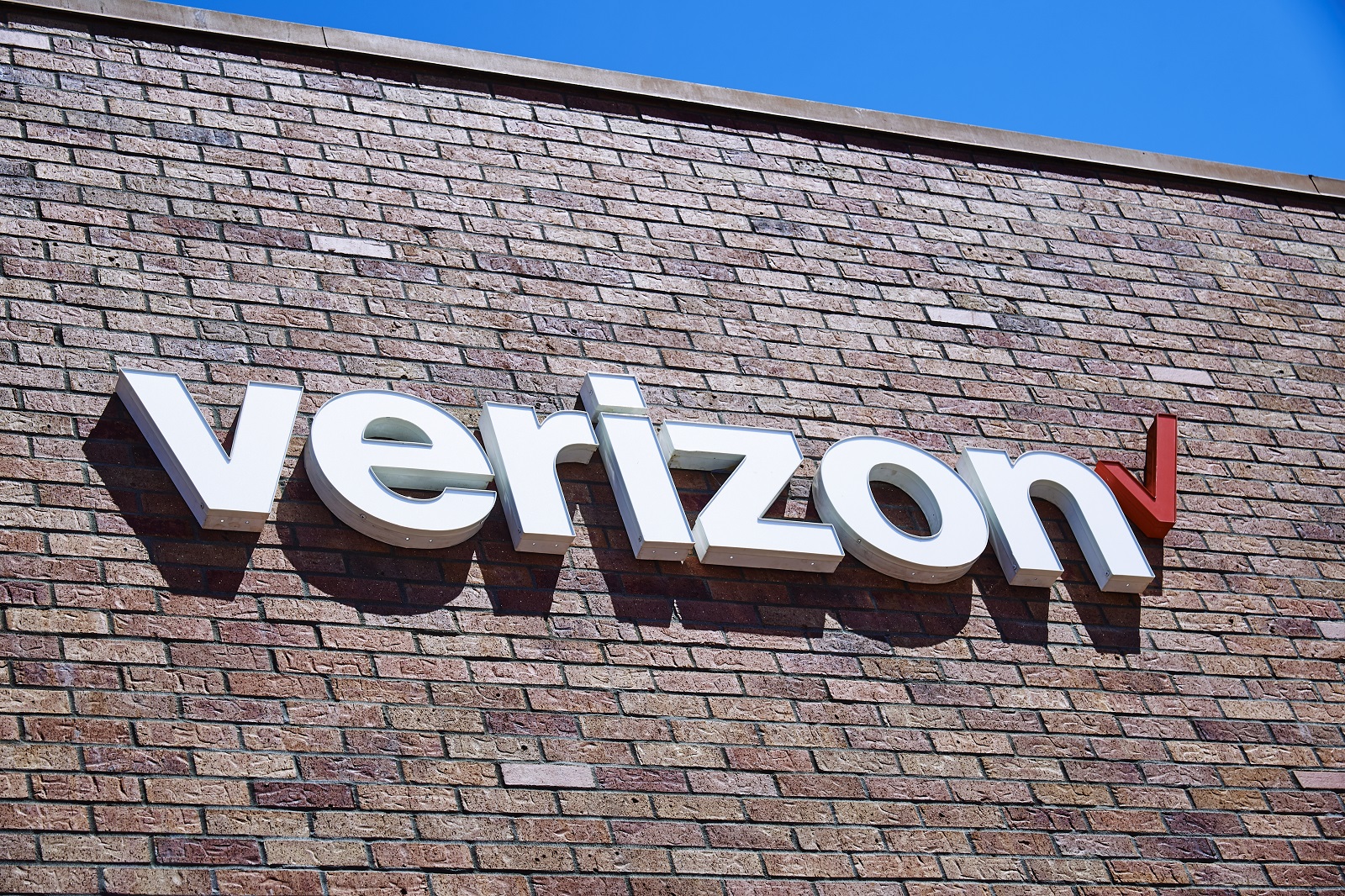Google’s years-long bid to remake the world of online tracking and ad-targeting began in earnest on Thursday, as the search giant kicked off a small test to restrict cookies in Chrome. The effort will affect just 1 percent of Chrome users, but by year’s end, the company plans to nix cookies for everyone who uses the web browser.
The company has been touting the initiative for years as a privacy measure, and the impact of this approach is hard to overestimate. Cookies, bits of code or data that track people’s moves on the internet, are the functional core of online ad targeting, and the project takes aim at third-party cookies. In lay people’s terms, that means brands won’t be able to track consumers’ online moves anymore, stifling how they deliver personalized ads, promotions and product recommendations. Bringing that to Chrome, the leading web browser that claims more than half of the world’s internet traffic, makes for a tectonic shift in the online advertising business.
“While this is a small percentage for now, the elimination of cookies and unreliability of third-party data is only going to increase as the months pass largely due to ongoing privacy concerns,” digital marketing expert and Cohora chief executive officer Manu Mathew told WWD.
Not that Google intends to leave ad partners high and dry. Early on, the tech titan worked on a cookie-alternative called FloC, which grouped users with comparable interests. This framework drew intense criticism for not being much better than cookies, however, and the company abandoned it last year in favor of Topics API for its Privacy Sandbox. One of several options being explored, it is essentially another stab at interest-based advertising, but set up in a different way.
Topics works with participating sites to identify five of the user’s interests, then randomly chooses three topics — such as “fashion,” “fitness” and “travel and transportation” — based on the person’s online activity for a limited period of time. The local browser, not a Google server, temporarily stores those topics, then eventually deletes them. The system doesn’t track sensitive categories, like gender or race, and if the person uses Chrome, the browser will grant access to the topics, so users can see or delete them manually. The project started out with more than 300 topics, but Google plans to expand that into the thousands over time.
So far, the alternatives haven’t eased concerns, perhaps especially for platforms, brands and ad firms that are still dealing with the hangover from that other major shake-up to their businesses: Apple’s App Tracking Transparency update, the iOS 14.5 feature that roiled everything from Poshmark, the then-publicly traded company that eventually sold to South Korea’s Naver Corporation, to Meta’s Facebook empire.
Online marketing experts like Mathew see the Google test as a red flag that likely validates his company’s commitment to helping brands secure first-party consumer data. In July, Cohora introduced a new proposition for clients with brand-owned customer networks. Think of it as closed social media platforms that are owned by brands, not Big Tech, that are powered by user-generated content. This would be a much more direct way to understand customers, and therefore more valuable.
Naturally, he urges brands to explore owning their own media and channels. But ultimately, it’s about independence — or relying less on Google or other major tech platforms to figure out how brands should reach consumers.
Mathew believes “fashion and beauty brands are going to have to reevaluate where and how they get data that allows them to target ads and personalize offers.”







